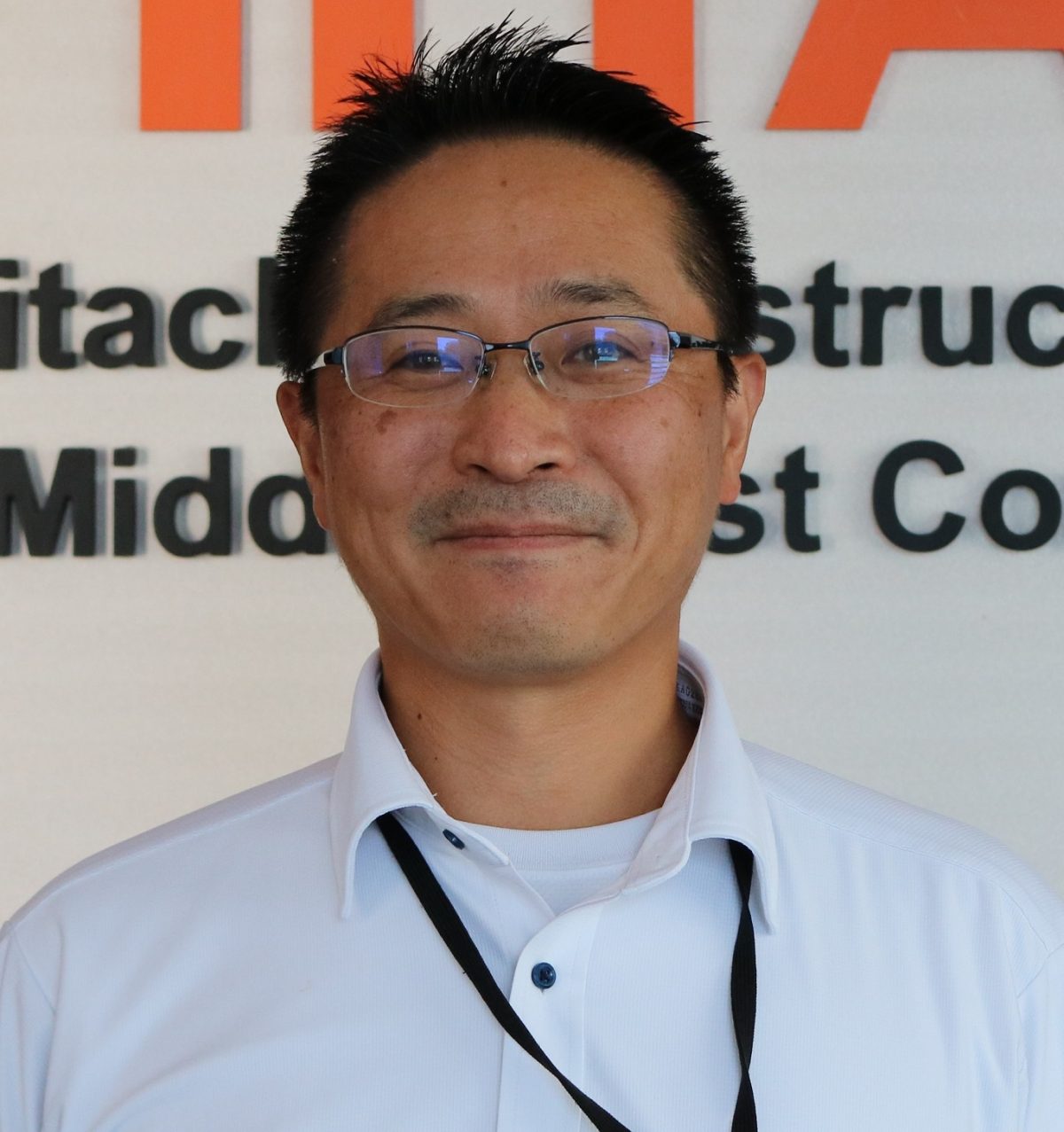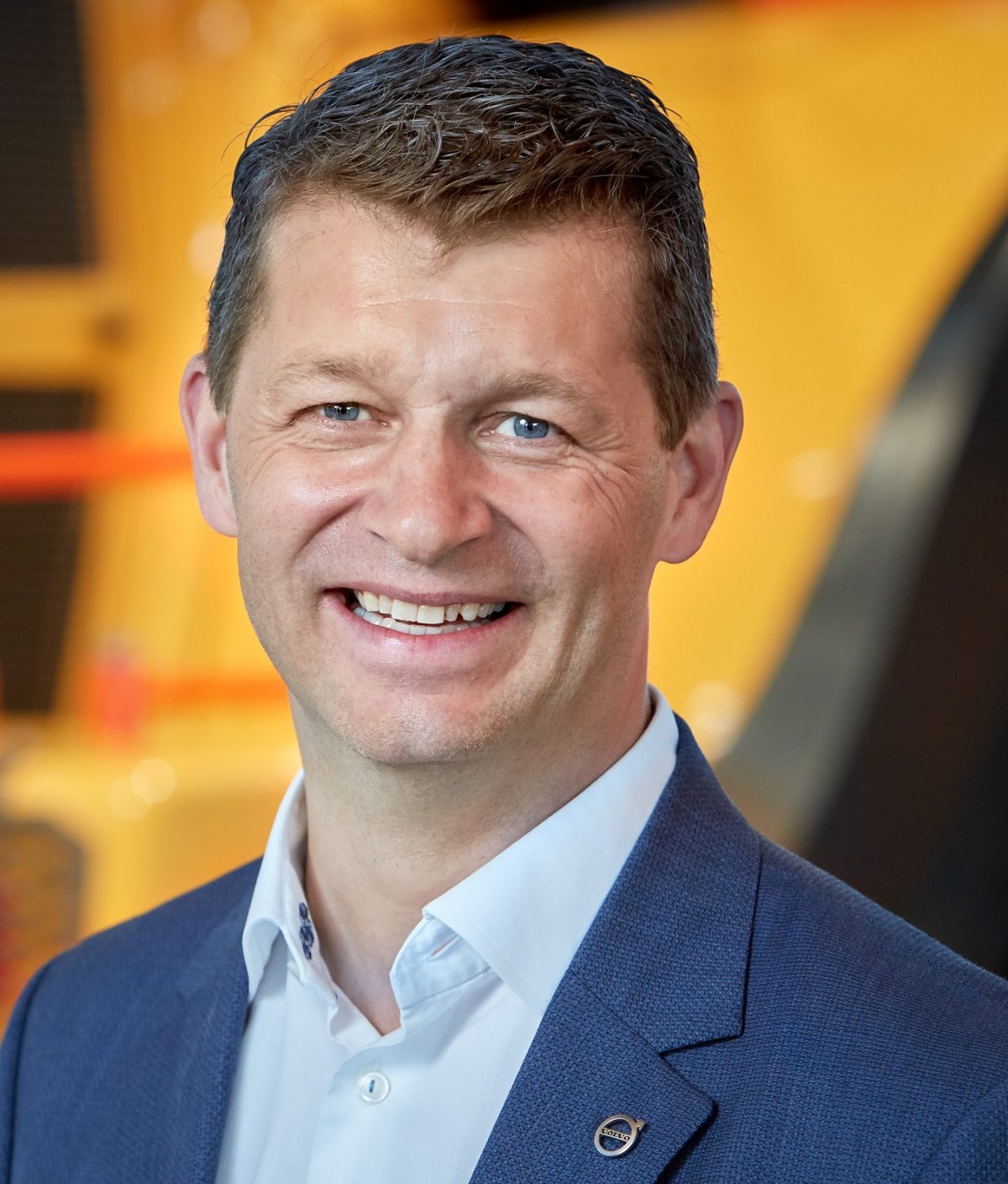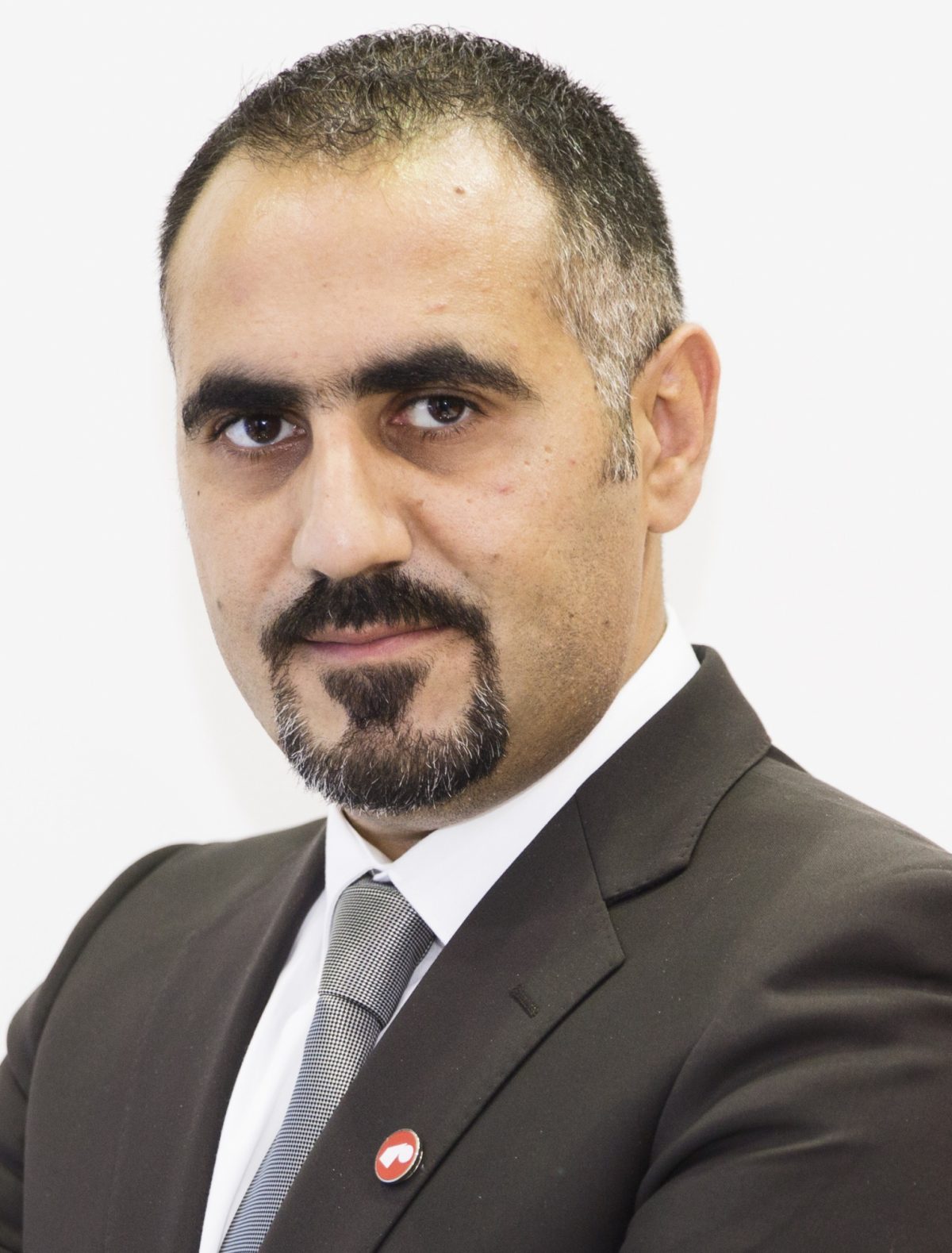Renault Trucks
Gregoire Blaise,Head of Renault Trucks Greater Middle East

Renault Trucks, which is headquartered in France with manufacturing facilities at Blainville-sur-Orne (Calvados, Normandy), Bourg-en-Bresse (Ain), Lyon (Rhône) and Limoges (Haute-Vienne), distributes its vehicles in over 80 countries and employs over 9,500 people worldwide.
The French commercial truck manufacturer traces its history to 1894 when Marius Berliet, the founder of the company, built the first engine in Lyon, and led the development of the first modern truck – the ‘M’ – in 1910. Renault V.I., the name of the company from 1992 to 2001, then launched a completely new style range through the following years, the Renault Magnum in 1992, a revolutionary, flat-floored truck which became a reference on the European truck market; then the Renault Premium in 1996, a powerful long-distance truck; Renault Kerax in 1997, the most robust construction truck to work in extreme conditions; and Renault Midlum in 2000, designed to facilitate the day-to-day work of city deliveries.
In 2013, Renault Trucks renewed its entire range of commercial vehicles for long haul, construction & heavy construction and distribution applications. With over €2 billion investment and the most stringent testing Renault Trucks has ever carried out in its entire history, this was the first time that any truck manufacturer has ever renewed its entire range in a single stroke.
Across the Middle East, Renault Trucks supplies transport professionals with a wide range of services and vehicles ranging from 2.8 to 120 T that are adapted to local and regional distribution, construction and long-distance activities. Globally renowned for being sturdy and reliable, with low fuel consumption that delivers greater productivity and enhanced operating costs, the model line-up includes the D, C and K ranges.
Renault Trucks’ Greater Middle East geographical division covers 21 countries in the Middle East – from Sudan to Pakistan – from its head office in Dubai. Renault Trucks first started selling its range in 1999, and then opened a small branch in 2003 to cover all GCC countries. Subsequently, Renault Trucks rapidly signed distributor partnerships with prominent companies in Oman, Qatar, Dubai, Abu Dhabi, and Egypt.
Recently, Renault Trucks appointed new importers in Egypt, Iraq, Pakistan and Lebanon and initiated renewed focus and support to its other long-term partners. Renault Trucks’ new importer in Egypt has crossed the 10% market share threshold after two years in operation while its long-term partner in Saudi Arabia reached its highest market share ever in the biggest Middle East market.
“Our major markets in the region are the UAE, KSA, Oman, but we have new importers in many countries like Pakistan, Iraq, Egypt, Lebanon and Kuwait with high potential. In addition to Qatar which remains the regional benchmark for customer satisfaction and market performance with a consistent over 20% market share, Saudi Arabia and Egypt are the two markets where Renault Trucks performed the best in 2020. Moreover, the focus is not only on new trucks but also on Used Trucks, and 2020 was also a positive year for the Used Trucks by Renault Trucks label in the region,” says Gregoire Blaise, head of Renault Trucks Greater Middle East.
Renault Trucks has announced major product improvements in 2021, including upgrades in the driving comfort, on-board comfort, safety and productivity of its T, T High, C and K ranges. Sleek and modern in design, the new trucks promise reduced fuel consumption (fuel savings are expected to be at least 3%), and optimised maintenance, this is the most important evolution since the total renewal of the Renault Trucks ranges in 2013. The new vehicles are adopting a more assertive style, particularly in terms of the headlights, which have been reduced in size in order to increase the painted surface of the lower body section. The cab’s aerodynamics have also been improved around its new honeycomb grille and wheel arch extensions which have been added to improve airflow. The vehicles have been fitted with new technology to further reduce fuel consumption. These include a new version of the Optivision predictive cruise control system with two selectable driving modes.
Looking towards the next generation of trucks, Renault Trucks inaugurated an adaptation center at its manufacturing plant in Normandy to increase the production of fully electric vehicles. All adaptation operations carried out on Renault Trucks D and D Wide medium-duty trucks at the end of the production line will now be done within the factory. These new facilities cover an area of 2,500 m2 and allow operators, technicians and engineers to operate at nine workstations simultaneously. In this workshop, the experts in Renault Trucks’ medium tonnage ranges now make customised trucks and carry out operations to fit equipment and accessories, install safety or driver comfort solutions or make extensive modifications to the chassis structure.
With regard to global supply chain disruptions and raw material shortage, Renault Trucks is working closely together with suppliers to find alternative components to minimize the number of vehicles affected.
“We aim to recover these volume losses and work with our supply chain partners to have enough flexibility to be ready for a production increase with short notice,” says Gregoire.

















-1200x1595.jpg)









